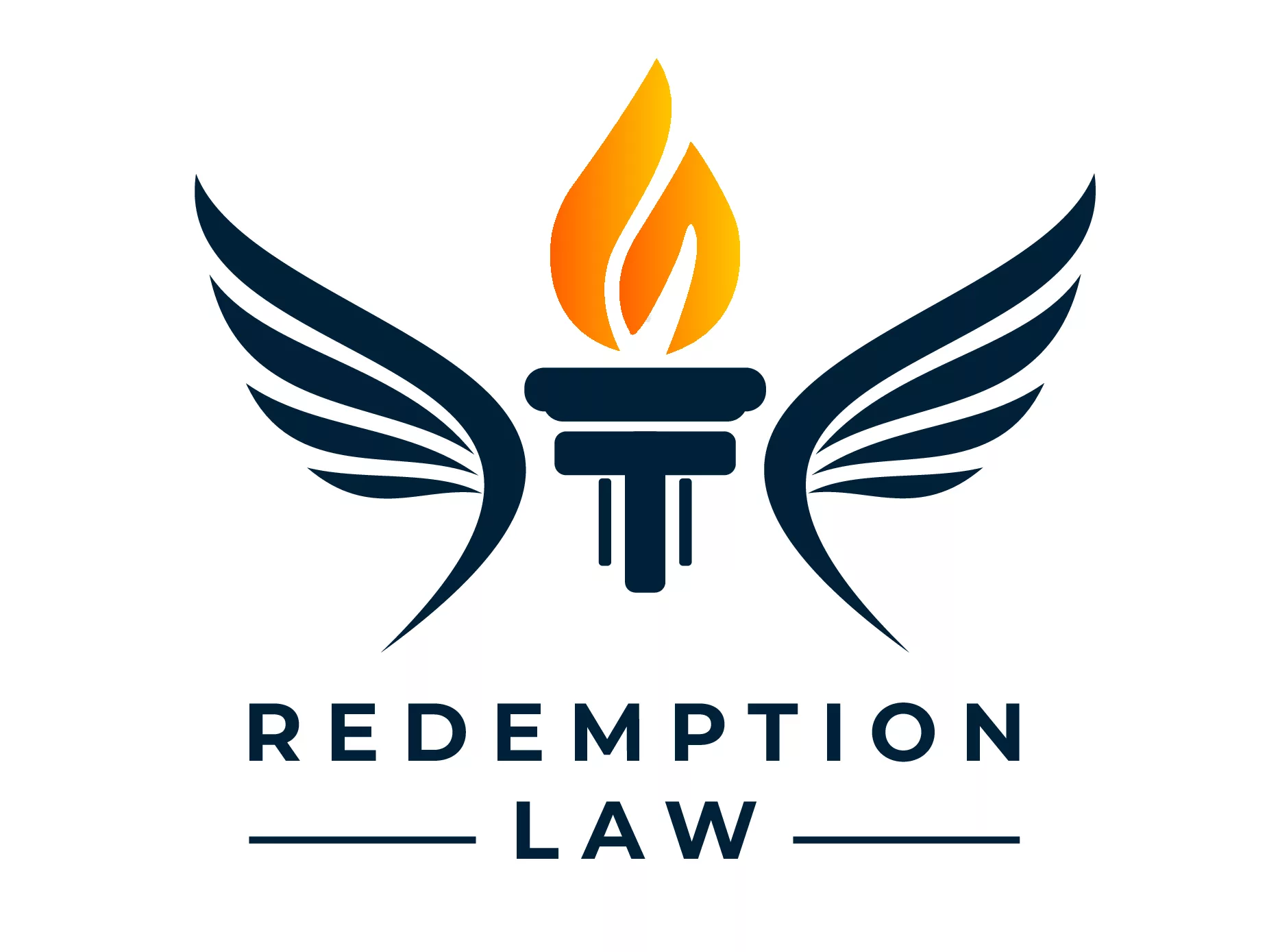After a personal injury, whether from a motor vehicle accident, slip and fall, or any accident resulting from someone else’s negligence, expert guidance from a competent personal injury lawyer makes all the difference.
Why exactly do you need a personal injury lawyer? Isn’t it just an additional cost?
Hiring a proficient car accident lawyer in Miami is not an expense but an investment—a crucial one—that can significantly influence the outcome of your case.
Understanding Personal Injury Law
Personal injury or tort law involves legal disputes arising when one person suffers harm from an accident or injury resulting from someone else’s careless actions. The person who causes the harm need not exhibit malice: Negligence is enough to establish a personal injury case.
Personal injury law encompasses many categories of cases, including motor vehicle accidents and slip-and-fall incidents. A personal injury lawyer represents clients who suffered injuries in an accident due to another party’s negligence to ensure they receive appropriate compensation.
The personal injury claims process typically begins with a claim against a relevant insurance company.
In cases where a car accident causes the injury, and the incident occurred in a state that follows a no-fault system, you or a household member will probably file your initial claim against your personal injury protection policy. In a fault state, you would file your claim against a policy with liability coverage belonging to the at-fault party, whether or not your injuries are traffic related.
Filing the Claim With the Insurance Company
When the insurance provider receives your claim, they will assign it to a claims adjuster. A claims adjuster, or insurance adjuster, investigates an insurance claim to determine whether and how much the insurer must pay the injured party.
The adjuster seeks to answer the following questions during their evaluation of your claim:
- Does the policy facing the claim have coverage for incidents such as this? Some insurance policies exclude specific incidents, and individuals sometimes let their coverage lapse, meaning they cannot pursue a claim.
- Was the insured liable for the accident? When a person causes an accident or someone receives an injury on their property, you can hold them legally liable for your expenditure, including medical expenses and lost earnings, and damages to cover psychological harm. The purpose of liability insurance is to compensate the injured party for these expenses.
- How much compensation, if any, does the claimant deserve? When the insurance company receives the claim, it also acquires supporting documentation to justify its value.
The claims adjuster looks at the claim through the lens of their employer with the intention of preventing them from paying out too much for claims. Their mission is often contrary to fairly compensating your claim. A claims adjuster may dispute liability or treatment costs. When this happens, your lawyer can use their knowledge of the insurance company’s legal obligations and provide additional information to satisfy the adjuster’s concerns.
Negotiating a Settlement
Once the claims adjuster has completed their evaluation of your claim, they can either accept it in its original form, deny it and provide the claimant with a reason for the denial, or offer to settle for less than its actual value. A settlement resolves most personal injury claims, though it generally requires a bit of negotiation if your attorney is to garner a fair settlement offer on behalf of their client.
Litigation
If your lawyer and the insurance company fail to reach a fair settlement, your lawyer can file the claim as a legal complaint in a civil court, a process the system calls a personal injury lawsuit. Your lawyer needs to ensure they file the lawsuit within the state’s personal injury statute of limitations.
As CloudLex explains, the statute of limitations sets a period in which litigation must begin. The parties don’t need to resolve the claim within this time; it is the deadline for filing the complaint in court. Your personal injury lawyer can manage the timing of your lawsuit to protect your right to use the court process before the statute of limitations expires on your claim.
While settlement negotiations can continue after the filing of a lawsuit, your attorney may initiate the pre-trial process on your behalf and prepare your case for court. The pre-trial process includes discovery, which formalizes the process of exchanging information and evidence. The parties can conduct several types of discovery. These include depositions—where all involved parties give sworn, out-of-court testimony—written interrogatories, the production of documents, and independent physical or mental evaluation.
Discovery commonly results in the filing of several motions, the responses to them, and hearings to determine whether to grant either party’s requests. Your personal injury lawyer can be part of this evidence-gathering process. They can also prepare exhibits and participate in jury selection if a jury will hear the case.
Collecting Your Award
Your attorney may receive your compensation when a settlement negotiation or courtroom verdict resolves your claim. The reason for sending it to your attorney rather than to you is that they typically use the contingent fee billing method to receive payment for their services.
According to the American Bar Association, under a contingent fee arrangement, you are only liable for fees if your lawyer secures compensation for the claim. If you lose your case, you do not owe your lawyer for their time and effort. If you win, however, these fees are a percentage of your award.
When your attorney receives your award, they can place it in a special account to keep it separate from other funds and to ensure accurate accounting when they withdraw the fee percentage to cover their fees. They can also settle any medical liens on the award.
According to Medical Billing Analysts, a medical lien is a legally binding agreement between a healthcare provider and a patient that allows the provider to recoup treatment costs by placing a request on the patient’s personal injury claim.
With these matters out of the way, your attorney can meet with you to sign documents finalizing your case. They may provide you with an account of the percentage of your award that covers their fees and liens. You will then receive the rest of your compensation.
The Importance of Hiring a Personal Injury Lawyer
Hiring a personal injury lawyer has many benefits. They have a thorough understanding of personal injury law and medical terminology, which is vital since injuries and their treatments are often central to these cases.
Your personal injury lawyer has experience in assessing claims and can explain the value of your lawsuit. They can negotiate and haggle with insurance companies to secure your rightful compensation. If your case goes to trial, they can provide representation in court, fighting vigorously on your behalf.
Personal injury lawyers often secure higher settlements for their clients because of their negotiation skills and understanding of the law. Your lawyer can expedite the resolution of your case, saving you time and reducing stress.
Knowing you have a professional working on your behalf can provide peace of mind. Many personal injury lawyers work on a contingent fee basis, meaning they only charge fees if you win your case.
What To Look for When Hiring a Personal Injury Lawyer
Besides the contingent fee, your personal injury lawyer may provide a free case evaluation, during which you can discuss your case and obtain answers to your legal questions. It is also a time to learn more about your attorney and decide whether they are suitable to handle your case.
When seeking a personal injury lawyer, ensure they have a sound track record and proven experience. Take note of their reputation within the industry. While most cases settle out of court, some claims will require litigation.
At the start of the claims process, it is impossible for an attorney to determine how the claims adjuster will respond to the claim or whether you will need to pursue a lawsuit to obtain the fair compensation you deserve. Your attorney must have experience in negotiating settlements and fighting cases in court.
Your lawyer must have excellent communication skills: You’ll be working closely with them, and they’ll need to clarify every step of your case. They must communicate your needs to an insurance company’s claims adjuster, a judge, and a jury. They may need to gather testimony from specialists, such as accident reconstruction workers or medical professionals, to support your claim.
They must have a legal team to handle the legwork of your case and communicate with them to ensure the efficient completion of each step of the claims process . Beware of a lawyer who does not respond to your phone calls or dodges your questions during the free case evaluation.
Make sure you understand the structure of fees. Not all personal injury lawyers use a contingent fee billing method, though most do. Some lawyers require their clients to pay other associated costs, such as copying and court filing fees. If your attorney works on a contingent fee basis, they may ask you to enter a contingent fee agreement. This agreement is legally binding, so if anything needs clarification, seek answers before you sign.
Find a personal injury lawyer who shows empathy and an understanding of your situation. Choosing an attorney to handle your claim relies largely on how comfortable you feel when talking to them. The rapport you develop during your initial consultation will influence your choice of attorney and the degree to which you trust the answers they provide.
While it is likely that the lawyer won’t have all the answers to the questions you ask during the free case evaluation—such as how much your case is worth or how long the process is likely to take—they can provide insight into the approach they intend to use. When you’ve chosen your attorney, review and sign a representation agreement so work can begin on your compensation claim.
Hiring a Personal Injury Lawyer Is an Investment, Not an Expense

It is impossible to overstate the importance of hiring a personal injury lawyer to represent you. With their knowledge and experience, they can significantly influence the outcome of your case. They can navigate the intricacies of the legal process and will advocate for you, your rights, and your entitlements. A personal injury lawyer is not an expense but a crucial investment that can determine the course of your life.
Related articles
Related articles Related articles Related articles Related articles Related articles Related articles Related articles Related articles Related articles Related articles
Personal Injury
02 Feb 2024
How Long After An Accident Can You Claim Injury?






